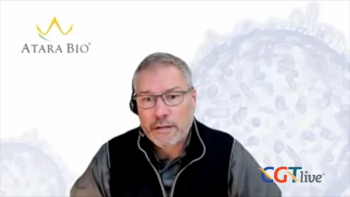
The global head of research and development at Atara Biotherapeutics discussed the link between EBV and MS.

The global head of research and development at Atara Biotherapeutics discussed the link between EBV and MS.
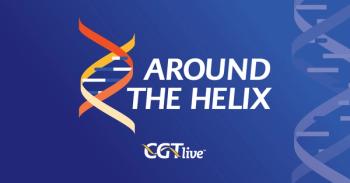
Catch up on the latest news, breakthroughs, and announcements from biotechnology companies making advancements in cell and gene therapies.
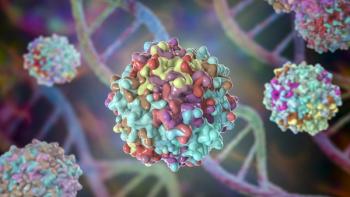
Only 1 patient has been dosed in the trial so far, which initiated in October 2021.
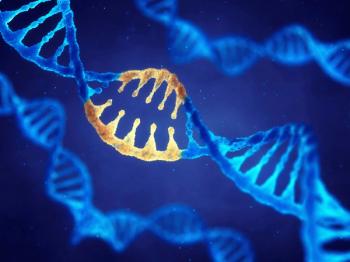
The FDA has approved LEXEO Therapeutics’ investigational new drug application.
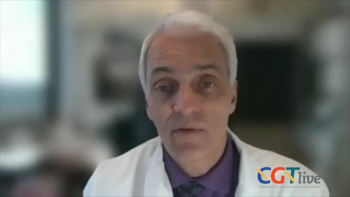
The clinical professor of medicine, Helen Diller Family Comprehensive Cancer Center, UCSF, discussed CAR T-cell therapies and safety signals of cilta-cel.
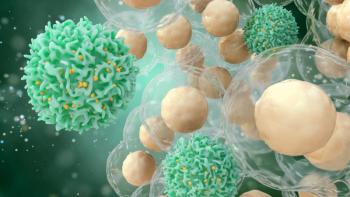
This designation follows a fast track designation and IND application approval for the agent.

Updated data were presented on LYS-SAF302 and LYS-GM101 at WORLDSymposium.
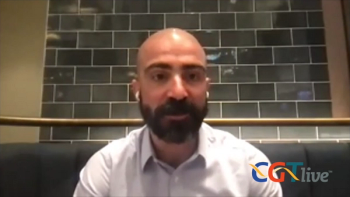
The director of research and development at AVROBIO discussed the analytical pipeline the company has developed for molecular follow-up of cell therapies.

Investigators did not find any clinical signs of rejection of the mismatched donor cells.
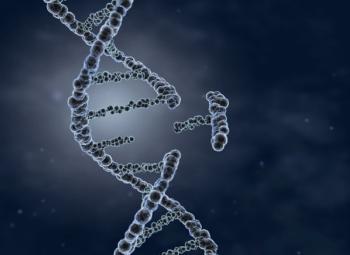
Passage Bio presented data on both the Krabbe and GM1 gangliosidosis programs at WORLDSymposium.
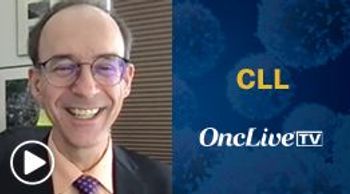
The translational immunologist and research professor at Perelman School of Medicine, University of Pennsylvania, discussed persistence of CD4+ CAR T-cells in CLL.

Interim safety data from the FORTIS study were presented at WORLDSympsoium.
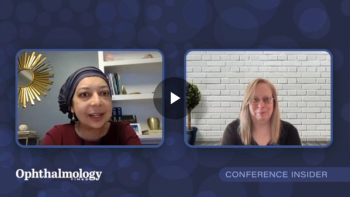
The associate professor from Tufts University School of Medicine discussed the latest updates on the FOCUS trial.
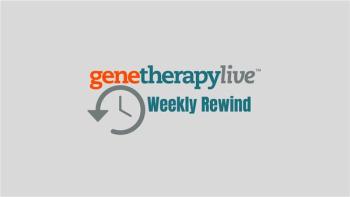
Review top news and interview highlights from the week ending February 11, 2022.
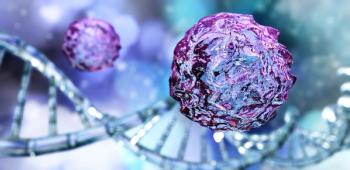
AVROBIO presented data on their analytical pipeline and exploratory studies of molecular follow-up from their lentiviral cell therapy products.

Positive results from a phase 1/2 study of AXO-AAV-GM1 were presented at WORLDSymposium.

The dual-mechanism of the therapy helps address both systemic and organ-specific deficits.

Clinical development will be stopped on the CNGA3 achromatopsia program as no clinical improvements were seen.
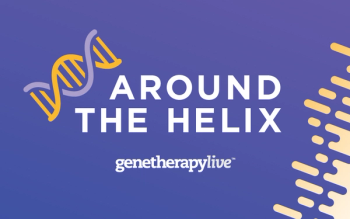
Catch up on the latest news, breakthroughs, and announcements from biotechnology companies making advancements in cell and gene therapies.
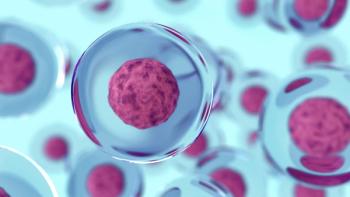
Interim data from trials of RGX-121 and RGX-111 were presented at WORLDSymposium 2022.
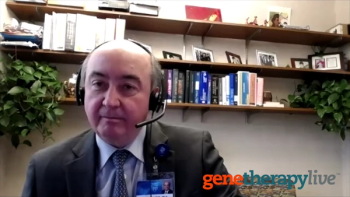
The hematologist/oncologist from Mayo Clinic discussed targeting HLA loss in solid tumors.
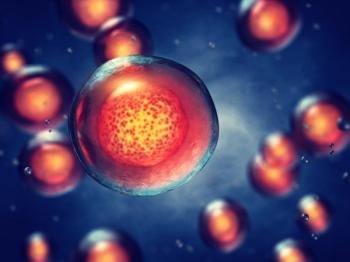
The LV-HSCGT therapy has demonstrated efficacy in preclinical studies in mouse models.
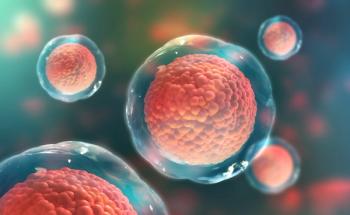
The gene therapy is currently under FDA review for the treatment of β-thalassemia across genotypes.
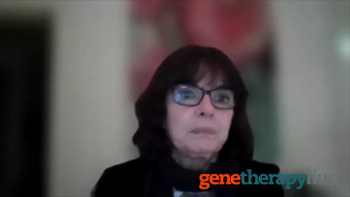
Dolores Schendel, PhD, chief executive and chief scientific officer, Medigene, discussed the company’s collaboration with 2seventy bio to develop TCR T-cell therapies.
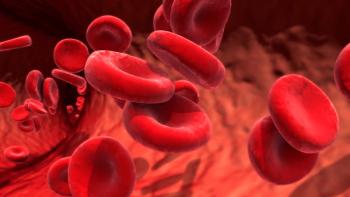
Results from the final analysis of the HOPE-B trial were presented at the 2022 EAHAD meeting.

Applied Genetic Technologies is also developing AGTC-401 and AGTC-402 for the treatment of achromatopsia.
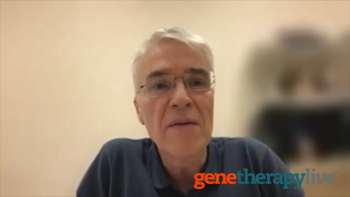
The professor and head of coagulation disorders and Comprehensive Care Centre, University Hospital of Frankfurt, Germany, discussed results of the final analysis of the HOPE-B study.

Review top news and interview highlights from the week ending February 4, 2022.
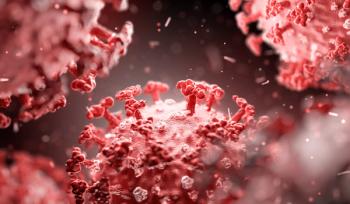
No dose-limiting toxicities or treatment-emergent adverse events have been reported.

The investigational therapy has received orphan drug designation from the FDA for Stargardt disease as well as retinitis pigmentosa.